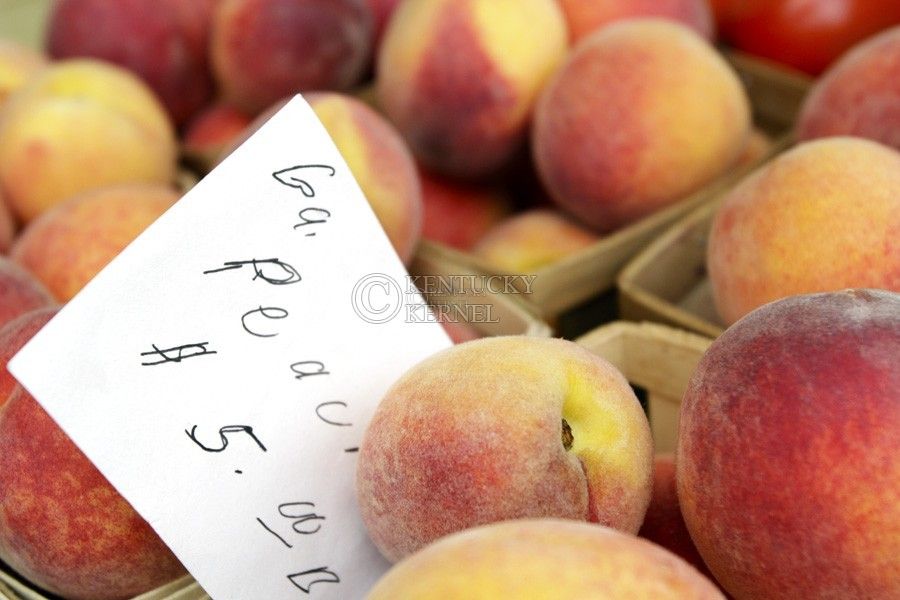“Always Low Prices” but rarely sustainable: Why consumers should reject retail giants for local options
July 21, 2020
Wal-Mart opened its doors for the first time ever in the state of Arkansas in 1962. The discount-focused business grew quickly, as anyone would expect of a business that values bulk items and constantly-filled shelves. These days, it is deemed as the world’s largest retail giant. With 11,503 stores in 26 countries, this title is fitting.
However, the question in comparing mom and pop shops (or small businesses) and retail giants like Wal-Mart in terms of ethical shopping is an important element in choosing which is better to buy from.
In terms of ethical buying practices for the everyday consumer, there are huge discrepancies in the way human labor and time is valued between these two retail options.
As of 2019, The yearly salary of Wal-Mart store managers towers at an average of $175,000 in comparison to the full-time hourly associate wage of $14.26, at the highest. This is depressing, but what’s worse is the outsourcing of labor Wal-Mart utilizes to get their products, so that they can sell them to consumers at such a decent price.
One example of this unethical outsourcing is within the company of Driscoll’s, which sells the strawberries you buy at Wal-Mart, Kroger and Safeway. Workers for this company who live in America get paid an average of $5 to $9 an hour. However, workers in Mexico state that they make no more than $3 an hour, and that that wage drops to half that amount after the peak harvest periods.
It is difficult to buy ethically in this day and age with so many migrant workers being underpaid by many companies, including Driscoll’s. But, buying from local farmers who support and manage themselves and their own crops is always an option at farmer’s markets and other local mom and pop shops.
Next time you want fresh fruit or vegetables, redirect your hard-earned money away from retail giants that do not care about the way their product is getting delivered to their shipping docks. Try giving your money to the farmers directly.
































































































































































